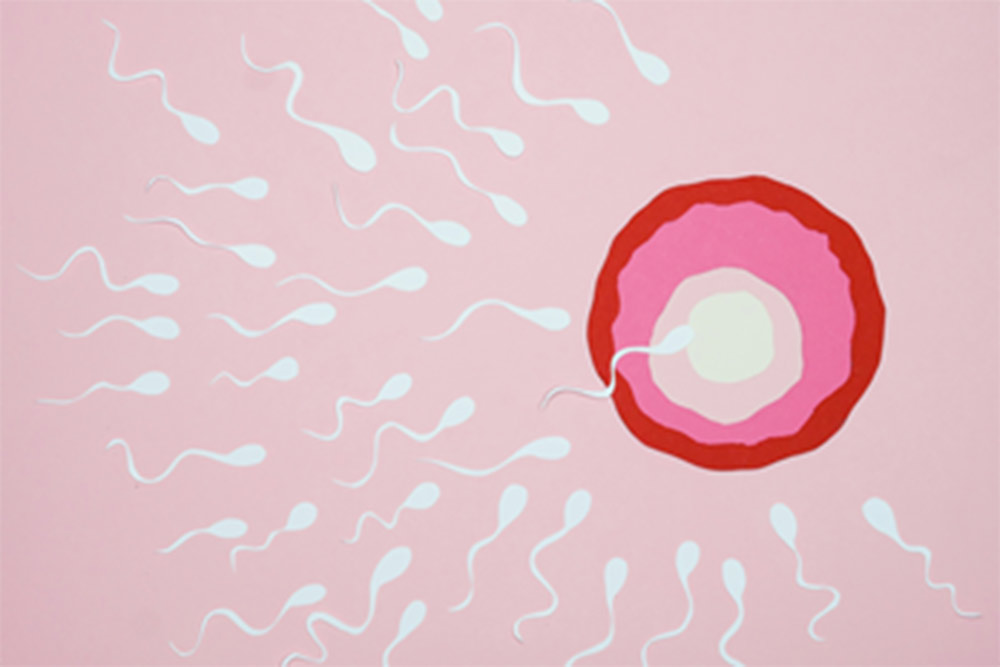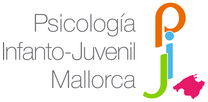
Infertility is the inability to achieve pregnancy after 12 months or more of regular unprotected sexual intercourse. This includes both the inability to conceive and the inability to maintain a pregnancy, meaning miscarriages.
It is one of the most silent and emotionally painful chronic conditions, as it does not impose physical limitations, does not present obvious symptoms or bodily pain, does not affect daily functionality, does not put life at risk, and, moreover, couples can freely choose whether to seek treatment or not.
Couples who request a fertility assessment usually do so after several months of experiencing an emotional rollercoaster. Each month, menstruation arrives accompanied by feelings of sadness and hopelessness, creating a considerable emotional impact. Added to this distress is the stress caused by assisted reproduction treatments, both due to their medical demands and the emotional burden they entail.
The most commonly used assisted reproduction techniques are artificial insemination and in vitro fertilisation (IVF). Artificial insemination involves introducing sperm into the uterus using special catheters, under ultrasound guidance. IVF, on the other hand, involves extracting eggs and sperm for fertilisation in a laboratory, resulting in an embryo that is then transferred to the uterus. Additionally, there are other techniques requiring third-party intervention, such as sperm, egg, or embryo donation, as well as surrogacy.
Access to Reproduction Units within the Public Health System varies depending on the city and the treatment. In Seville, couples may wait between one and three months for an appointment, whereas in Madrid, waiting times can extend from one to two years. In the Balearic Islands, the waiting list for IVF treatments is estimated at between 12 and 14 months, whereas artificial insemination does not have a significant waiting list. Furthermore, once the process begins, the fertility study and the start of treatment may take several more months. As a result, some couples may spend up to six years focused on trying to have a child.
The Psychological Impact of a “Failed” Process and Its Emotional Consequences on Couples
When a couple spends a long time trying to conceive, the desire to have a baby can turn into an obsession. This can generate feelings of emptiness, guilt, and helplessness, as well as affect the relationship. Sometimes, mutual reproaches arise, or the dynamic of the relationship shifts, prioritising conception over the joy of being together.
Social pressure also plays a role. Constant questions from family and friends, pregnancies among loved ones, and visits to newborns can increase distress. There is also the pressure of time, as many women seek to become mothers after the age of 30-35. However, after 37, ovarian reserve declines, and egg quality diminishes, making conception more difficult. Additionally, assisted reproduction treatments take time, adding further stress.
When a couple decides to undergo assisted reproduction treatment, hope often appears, along with the belief that this time it will work. However, the success rate is around 30%, which may not align with the couple’s high expectations. During treatment, emotions such as hope, excitement, and optimism arise, but so do impatience, obsessive thoughts, treatment dependency, uncertainty, and fear. It is common during this period to become highly attentive to possible pregnancy signs, such as bloating, abdominal twinges, or changes in vaginal discharge.
If pregnancy is not achieved, it is experienced as a loss, often leading to a grieving process. Feelings of sadness, anger, disappointment, and hopelessness arise. Many couples attempt treatment multiple times; over time, this may reduce anxiety due to familiarity with the process, yet it can also increase feelings of failure, insecurity, desperation, and despair. On the other hand, if pregnancy is achieved, happiness is often accompanied by fear of miscarriage and concern that everything will go well.
Today, we are exposed to numerous messages from a seemingly fertile society, where the idea that having children is easy has been reinforced by widespread contraception campaigns. However, reality is different: 15 out of every 100 couples are unable to conceive naturally. Added to this is the fact that we live in a culture of immediacy with low tolerance for frustration. Infertility is often experienced as a life crisis and is closely linked to anxiety and depression, with 25%-65% of patients undergoing assisted reproduction treatments showing clinical symptoms.
Psychological support in these cases not only improves the quality of care during treatment but also helps reduce anxiety and stress, allowing for a healthier approach to the process.
The Importance of Psychological Support During Treatment and How to Cope
Psychological support is key throughout this process and should be adapted to the couple’s needs and the specifics of their assisted reproduction treatment. During the infertility diagnosis phase, psychological intervention focuses on psychoeducation, providing information about infertility and the emotional reactions it may trigger. Additionally, emotional imbalances are prevented through relaxation techniques and stress management strategies. Social support is also encouraged by strengthening family and social resources.
During the infertility treatment phase, psychological therapy aims to facilitate emotional expression, anticipate and manage possible setbacks or failures, and reduce anxiety. It also works on developing social and communication skills to cope with external pressure, provides support in making medical decisions, and addresses potential difficulties in the couple’s sex life.
At the end of assisted reproduction treatment, if pregnancy is not achieved, psychological support helps clarify values and redefine the place of the “potential child” within a broader life project. It also guides the couple through the grieving process for the loss of the desired child and helps them build new future plans, both individually and as a couple. If the treatment is successful and the baby arrives, psychological support focuses on reducing fears and concerns regarding parenthood, as well as strengthening confidence in childcare and parental security.
At our centre, we support individuals and couples who have been trying to conceive naturally, those undergoing assisted reproduction treatment, or those who have decided to close this chapter to focus on themselves and their relationship. If you would like to discuss your case, do not hesitate to contact us.
Ester Oliver
General Health Psychologist
License No.: B-03379









